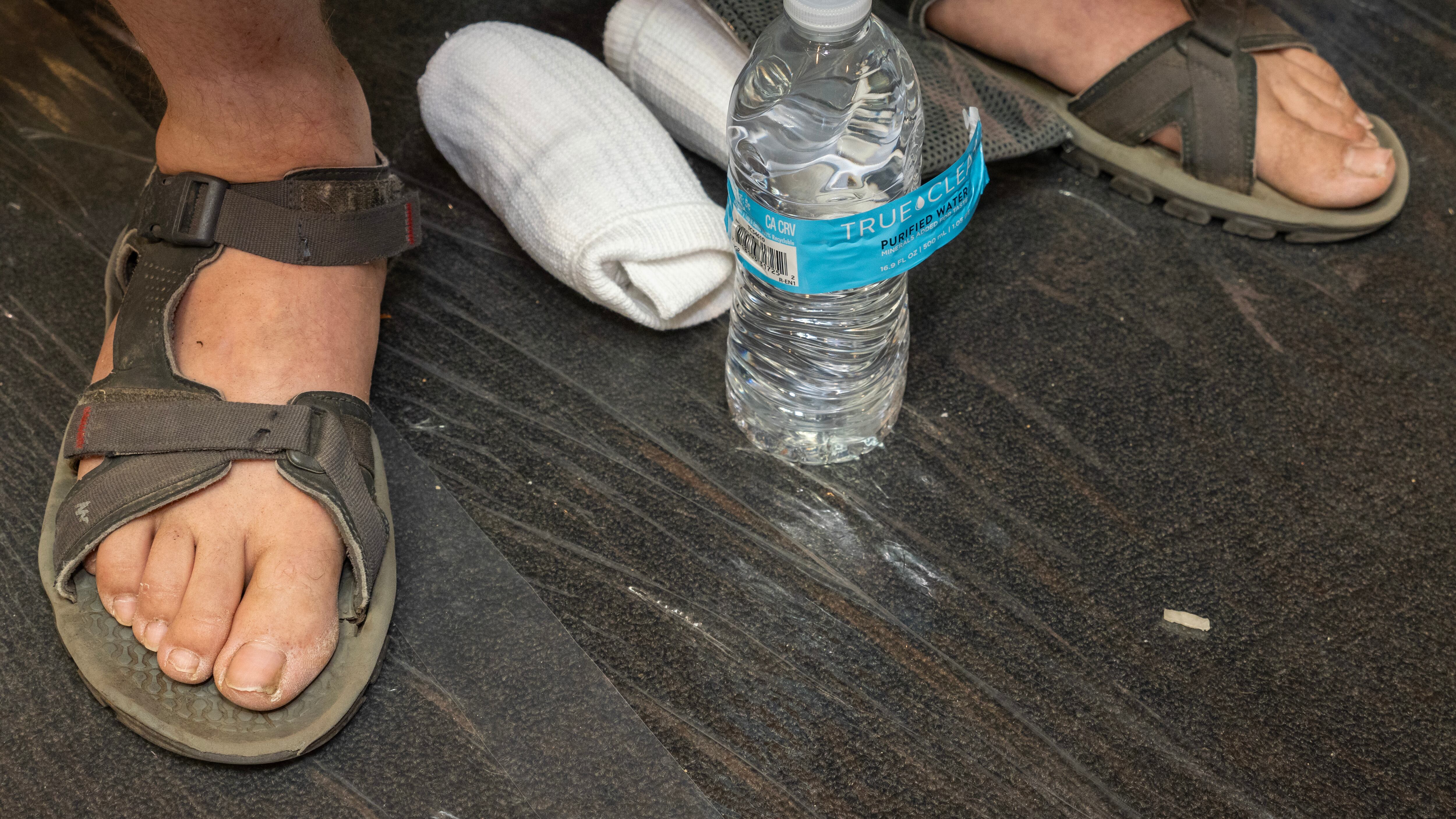Metro President Lynn Peterson released a much-anticipated outline for a ballot measure Friday morning that, if referred to Metro voters and passed, would allow the use of revenue from the supportive housing services tax for building affordable housing. The measure would also extend the tax until 2050, adjust the tax rate for inflation, and lower it in 2031 from 1% to 0.75%.
At issue is the supportive housing services tax that Metro voters passed in 2020 that placed a tax on high-income households to fund homeless services for 10 years. Metro administers the tax and the money it raises is passed on to Multnomah, Washington and Clackamas counties. The tax rate is 1% on income over $125,000 for single filers and on income over $200,000 for joint filers.
Despite the tax bringing in larger than expected revenues every year, the three counties—and Multnomah, in particular—have struggled to spend the money on time. They’ve also struggled to combat homelessness.
Multnomah County spokesman Denis Theriault takes issue with that characterization, noting the county did a better job of spending its allocation last year.
“Those spending issues were true for the three counties the first two years of the measure, but that ended in fiscal year ’23–24, when we spent all of the money we received from Metro and also began cutting the previous two years of carryover funding,” Theriault says. “And now this fiscal year, we are meeting our projected spending levels.”
Meanwhile, regional and state leaders have long harped on the shortage of affordable housing and, in recent years, pledged to aggressively increase the stock. Business leaders and service providers saw in these dual challenges an opportunity: to ask voters to extend the tax, lower it slightly, and allow the money to be used to create affordable housing.
As WW reported in November, the Portland Metro Chamber and a coalition of large service providers told Peterson they’d reached a deal that pleased them both: a new measure that would lower the tax rate to ease the burden on high-income earners and extend the tax until 2050 to ensure that homeless service providers weren’t cut off from a major funding source. At the time, the three counties, through which the tax dollars flow to providers, expressed hesitation about the measure, as did a separate group of service providers. The counties are reluctant to cede control over the percentage of tax dollars that Peterson wants to allocate to building new housing. And some providers oppose lowering the tax rate.
Peterson did not provide details Friday morning about what portion of the tax she would like to make available for affordable housing. Another prong of her proposal is to set up an oversight committee with a “clear regional plan and clear metrics to track and report accomplishments and prompt changes when needed.” (Metro already convenes an SHS oversight committee composed entirely of community volunteers.)
The seven-member Metro Council will take a vote whether to send Peterson’s proposal to the May 2025 ballot in the coming weeks. A simple majority of the council is needed to place the measure on the ballot.

